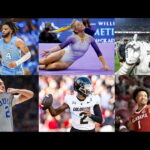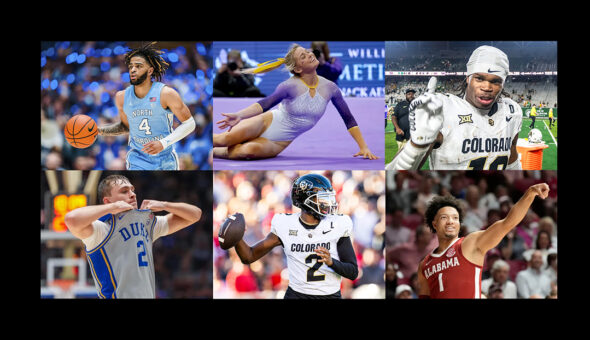Trust, Peer Influence and the Power of Social Media
Another key characteristic of Generation Alpha is their deep skepticism of traditional authority figures. Jessie pointed out that this generation, like Gen Z before them, is wary of adults and traditional sources of information.
“If an admissions officer, enrollment professional, college consultant or parent tells them something, they’re going to ask their friends and others who have gone through the process if they think that’s good advice,” she explained.
Peer influence often outweighs the advice of experts, with more than half of Gen Alphas “using the internet to learn about what’s cool and trendy,” according to EMARKETER.
Phillips and Davis also emphasized the importance of understanding where and how this generation searches for information. Being present on the platforms they use and providing content that resonates with their search habits is crucial. Phillips predicts that AI-driven search tools will become a primary resource for Generation Alpha when researching colleges, further shifting the landscape away from traditional materials like viewbooks and brochures.
The impact of social media on Generation Alpha’s college perceptions cannot be overstated. Jessie highlighted the influence of unboxing videos, influencer content and even reality TV stars’ college experiences in driving interest.
“Students from this younger generation tend to be influenced the most by where people in their community decide to attend college,” said Jessie.
Colleges that provide engaging admitted student swag or have a strong presence on platforms like TikTok perform better in attracting this generation. Institutions that can effectively engage local communities and maintain a strong digital presence are more likely to appeal to Generation Alpha.










